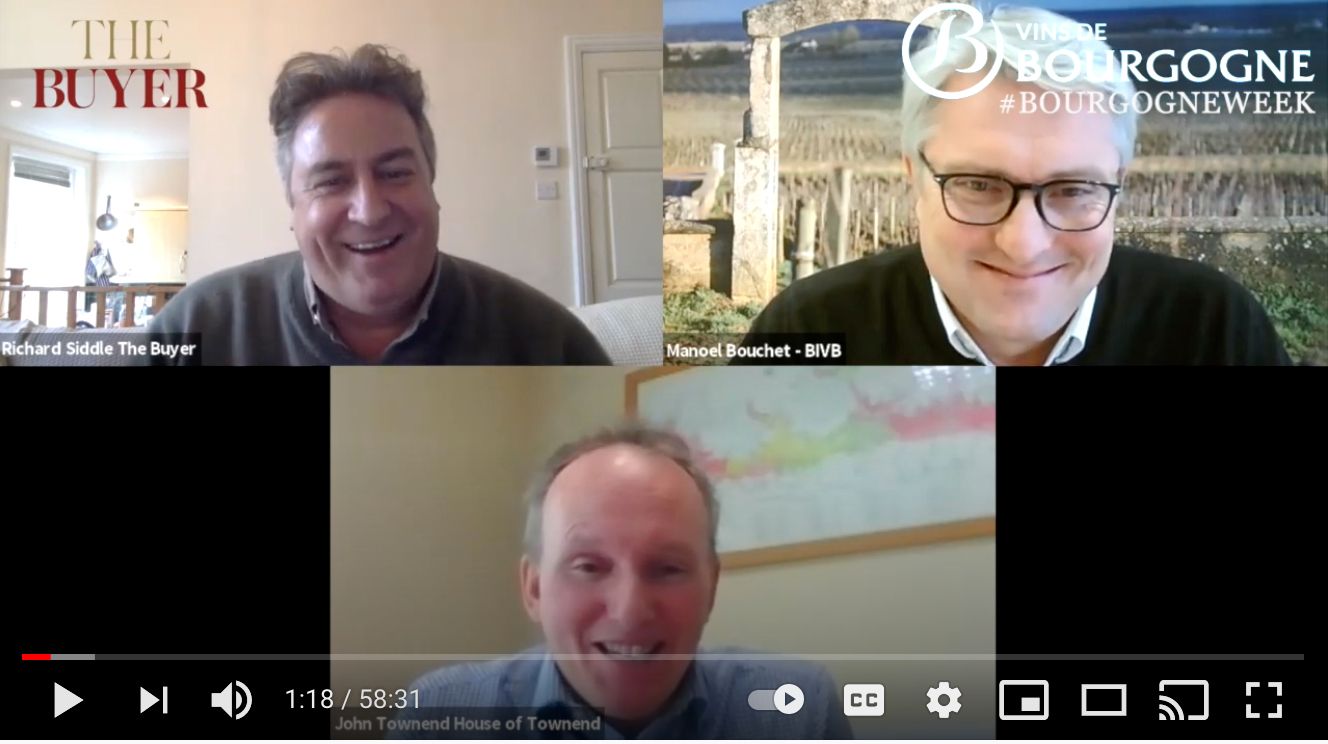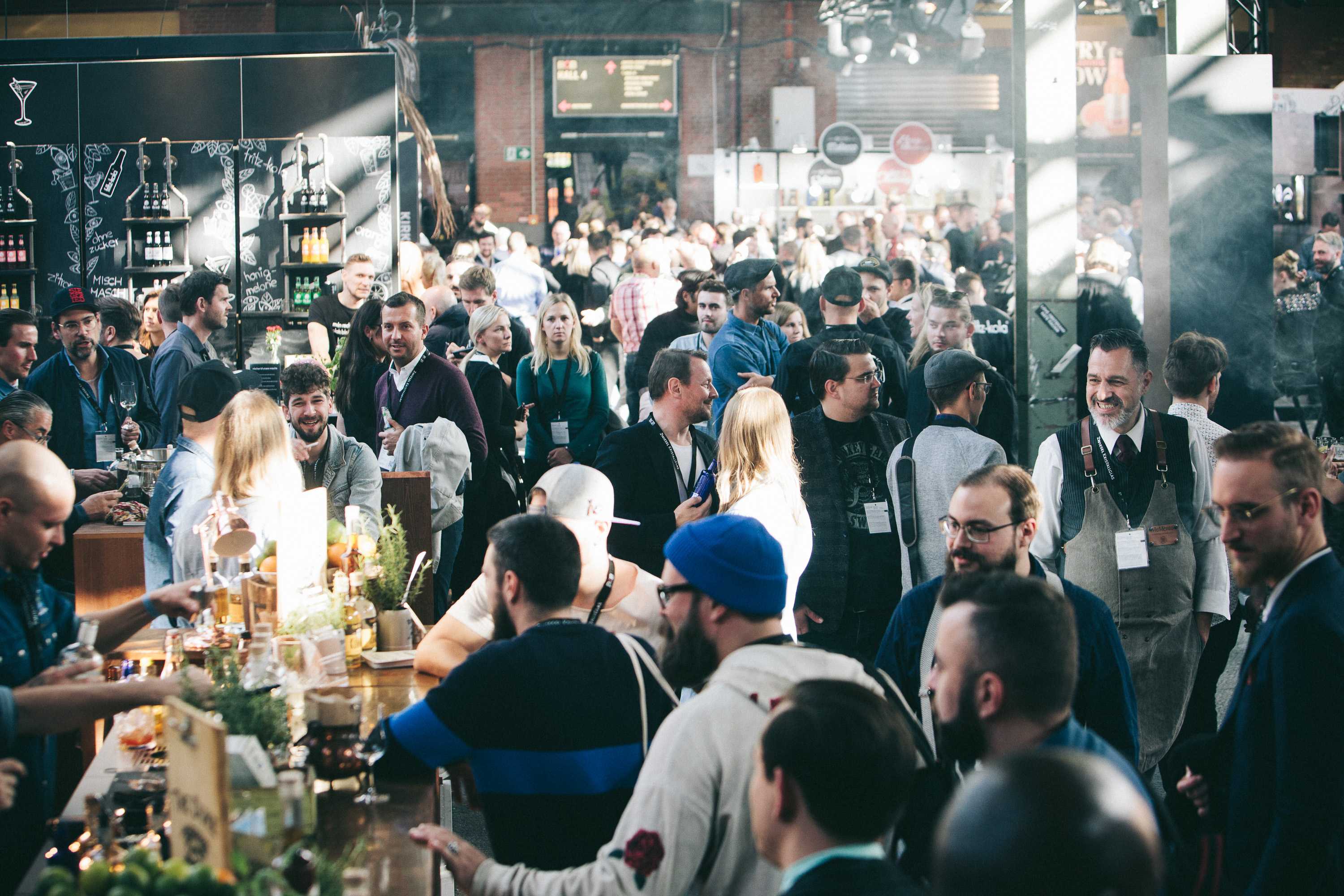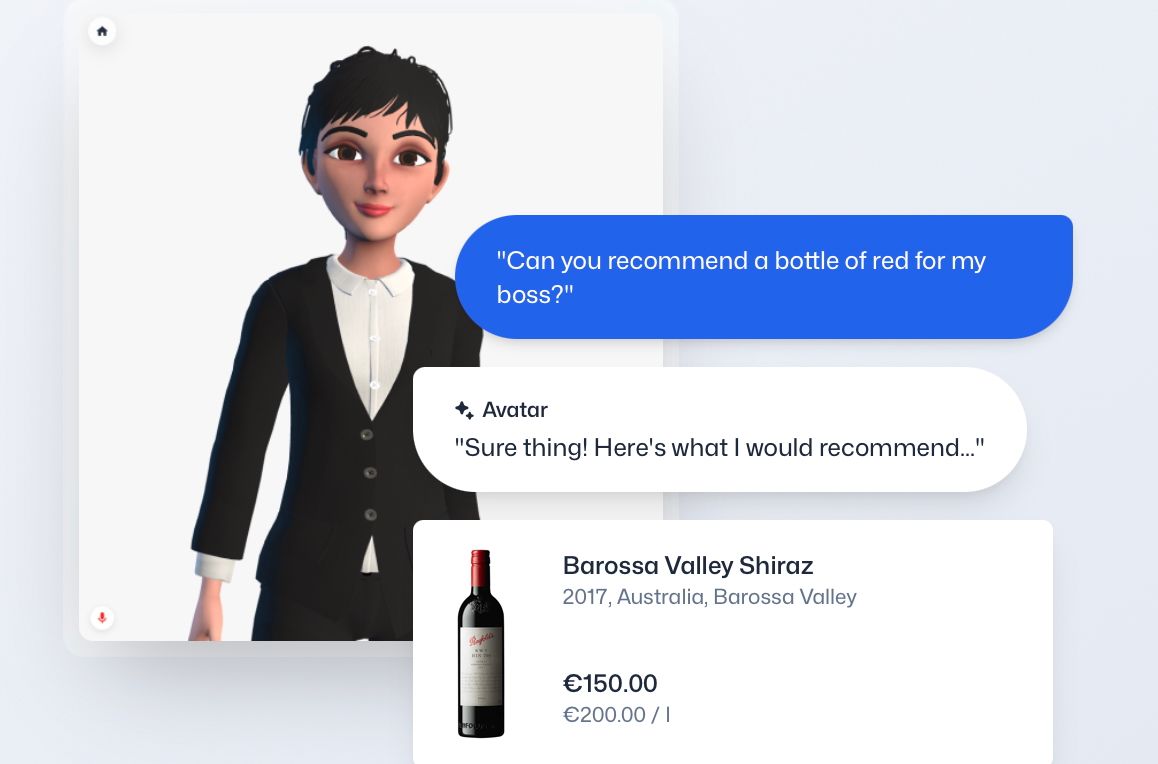With so many usual sales channels closed during 2020 because of Covid-19, online has become a vital part of any successful wine business, be it making wine or selling it, as our third Bourgogne Debate, in partnership with Bourgogne Wine Board and #BourgogneWeek, explores.
(Click here to watch the full debate)
The increase in online wine sales during 2020 have been so dramatic that, at times, retailers have been almost embarrassed to reveal the true figures, aware of how their success might look in comparison to the total collapse in sales through restaurants, pubs and bars as the on-trade has been hit time and again by the on-going series of lockdowns.
Kantar, the retail consultancy, claims there was more growth in overall online sales in the first quarter of lockdown than there had been in the past five years. Individual retailers were reporting online sales boom of 400% to 600% year-on-year, or more, as our collective shopping habits were transformed by the severe nature of the Covid-19 lockdown.
Kantar’s Covid-19 Barometer, that analyses changing in shopping behaviour, shows this switch to online is not only just going to be confined to the pandemic, but represents a fundamental shift in the way we will spend our money in the future. Whilst 40% of consumers say they have increased their e-commerce spend during lockdown, rising to 48% of households with children, crucially 45% of consumers say they will continue shopping online in the long term.
House of Townend’s online success
(John Townend explains how it has ramped up its online operation to great effect during Covid-19)
For John Townend 2020 has been the year the House of Townend online operation, that it stated around five years ago, has really come into its own.
That was when it realised it had become a little too over reliant on its main on-trade business and needed to diversify and build up a strong private customer base of its own, which meant making a strong investment in building its own e-commerce site.
“The work we have done over the last four or five years online – it was almost in the gods,” he says.
It meant that as soon as the on-trade closed, and with it 90% of its usual turnover, its website just “exploded”. “It was incredible. Why did so many people start placing orders on our website?”
It has not, though, been without its stresses, says Townend, for its on-trade exposure at the start of lockdown meant it had £1.8 million of debtors on its books. A sum it has been able to get down to just £22,000 of bad debt thanks to the “amazing” support he has had back from his on-trade customers.
House of Townend, though, he says, is used to changing with the times and has gone through its fair share of recessions, and even two world wars having served its customers since 1904.
“But this was the first time we had ever been closed down,” he says in terms of actually being able to trade with its usual customer base, that for the majority of his pre-Covid business came from the on-trade.
Townend, who is the fourth generation to run the business, says it was simply vital it moved, fast, where the wine market went in 2020 going. Which was good news for its existing strong retail business and what turned into a new thriving online operation.
Maison Roche de Bellene’s online growth
(Manoël Bouchet on how Maison Roche de Bellene has grown its online sales)
As Bourgogne producers go Maison Roche de Bellene is still very young only having started in 2008, as the new négociant and domaine project (Domaine de Bellene) of Nicolas Potel.
Manoël Bouchet says the business is one of a number of new Bourgogne models that combines the négociant and domaine approach in order to cover as many appellations and quality tiers as it can. The Maison Roche de Bellene has wines from over 60 appellations from entry level through to Grand Crus, split two thirds Pinot Noir and a third Chardonnay.
Online has been a key part of it strategy from day one, particularly in how it can communicate directly with its target customers about the diversity and quality of its wine range, he says.
It is an area that he has also looked to specifically build up over the last five to six years, working with customers to help develop their online ranges, which put it in a stronger position that some of its peers during 2020, as it already had a good online network.
The outbreak of Covid meant it was able to “move quicker with these plans,” particularly with this customers that it had already built a strong online customer base with.
He estimates its online sales are now around 6% of the company’s business, but this is double where it was 18 months ago. “We benefited from this natural growth due to Covid.”
Bouchet says success online is not just about the wines you sell, but also all the additional content you need to support your wines, with tasting notes, webinars, direct mail, and all the background information that different customers can use in order to select the right wine for them. Particularly for such a complex region as Bourgogne where more information really helps.
It did, though, need to re-focus its efforts away from its strong on-trade customer base and ensure it was doing what it could to help its retail customers over the last 12 months. As well as the boom in online sales, Bouchet says it also saw a big increase in demand from fine wine merchants in the UK, US and Asia looking to serve their private customers.
This, in turn, has increased demand for producers like Maison Roche de Bellene to get involved in the “booming demand” for online auctions around the world, particularly in Asia.
It has also been a year when it could allocate more wines from different appellations to different customers as the on-trade was so badly hit right around the world.
How House of Townend looks to grow its online sales
(John Townend on how House of Townend has learnt and improved its online offer during Covid-19)
Townend says the initial rush to online in the first weeks of lockdown has convinced him to keep that momentum going through its overall business. “Our whole focus since then has been on developing our online sales,” he says.
He certainly agrees with Kantar’s assessment of the online market and estimates it has seen five years growth in e-commerce in only a matter of months of Covid. Whilst its online and retail sales have not made up for all its usual on-trade business, they have together helped sustain it through 2020.
“Never would we have had that opportunity for senior management and the team to be totally focused online,” he says. “I did not expect to be in the healthy position we are in, given what has been thrown at us.”
It has equally been a steep learning curve for himself and the House of Townsend team in how to run an effective and efficient e-commerce platform. “We have made a number of changes in how we work and it’s now a lot more efficient. We arrive in the morning and by lunchtime all orders are picked and dispatched. We have automated where we can and every time someone finds an efficiency that can be made, we implement it as soon as we can.”
The business has also had to better understand the dynamics of online advertising, says Townend, and he was prepared to increase its marketing spend “quite substantially” which paid off in turn. “I’m pleased we took that risk, as it has paid off.”
“What was important was the information we were sending out to our database was interesting and not just a money off over. It’s creating interest.”
Encouragingly for House of Townend the average spend online has been up and it is consistently selling high quality wine through its site. “They are not coming to us for price competitive wines, they are coming to us for interesting wines.”
That interest has also been sustained online by hosting a large number of different types of virtual events. Whereas House of Townend would usually be hosting up to three physical tastings a week, it has now been able to keep that audience, and go out to so many more people by moving them online, says Townend.
“The move forward has been astonishing and the pace of change has been exciting. We have had to do things differently because if you don’t change you are going to die.”
(Manoël Bouchet: why Bourgogne producers need to focus more online)
The on-trade recovery
Looking ahead to when its on-trade customers do come back, Townend is confident there will be strong business from those who are able to get through the Covid storm. Just how many will, however, remains to be seen.
He is equally sure about the strength of his future online business, as the pandemic has clearly “changed buying habits permanently”. “It is just normal now to shop online. A lot of people who shied away from it now see how easy it is and will continue doing it.”
“If it gives more balance to our business then that is a positive thing as the quality of wine we are selling online is very good. We have also seen that with our Bourgogne online sales, which have been really encouraging.”
Prior to the pandemic House of Townend was also servicing 50% of its wholesale customers through online orders and that is likely to increase.
(John Townend on why strong e-commerce sales are good news for Bourgogne)
How House of Townend works with its Bourgogne partners
Bourgogne has become such a vital part of its merchants business for the simple reason that Townend “loves it”. His peers also appear to “love” what he is doing with the region as House of Townend was named Bourgogne Specialist of the Year in its 2020 awards. “It was a great boost for everyone in the company in such a challenging year.”
That passion goes back to just after he left school when he spent a year working in vineyards across France, including four months discovering all the ins and outs of Bourgogne. Often riding his bicycle off the beaten track to seek out new appellations and villages. “I thought I was in heaven.”
He has been going back every year since 1990 seeking out ever more interesting producers to work with and wines to sell. “It has become an essential part of our business,” he says. “I go every November and it is one the buying trip I don’t delegate.”
House of Townend places a lot of emphasis on each vintage and will tend to buy more on an annual basis, he explains. “En primeur is important, but we have a policy that we only sell half of what we buy. We want to keep wine ourselves that we can age, and have them available for our customers when they are ready for drinking.”
2020 has also given him and his team more time to actually talk to producers and taste new wines and thanks to the wonders of Zoom carry on doing tastings and keeping their relationships going.
Having that time is not “normally something we would have” in a normal trading year, when we are off on trade visits, attending fairs, and simply out and about doing business. “Covid has been terrible for a lot of people, but there are always positives.”
More time for your customers
Bouchet agrees 2020 was a unique year in allowing producers to really spend more time interacting with their customers, albeit via Zoom or online. It was still quality spent together that they would not normally have. “This interaction was very positive,” he says.
Producers were also able to spend more time working their customers on their relationships with their own customers, which again has been an added benefit. “It was good to be able to keep communicating and engaging with our clients,” he says.
Townend says it has been able to get barrel samples of the 2019s to taste and although he has missed being able to visit, the upside is that as a buyer it makes you a bit more “objective” to taste the wine as it is and not be taken in by the surroundings.
“When you are tasting wines and its raining in East Yorkshire, it’s a bit of a leveller. But the wines I tasted were really very impressive.”
What are the key trends in Bourgogne wine sales?
(John Townend: Bourgogne offers so much diversity & discovery for House of Townend & its customers)
Townend admits Bourgogne sales at House of Townend might have “been a little skewed” due to the attention it has received winning the Deanter Bourgogne award.
That said he has seen a lot of “encouraging interest” over the last couple of years in Bourgogne Pinot Noir and Chardonnay, particularly at what he calls a more entry price level.
Being able to offer a good range of these sort of wines is crucial in keeping the overall Bourgogne market healthy. You have to give consumers an “entry” point into the region.
“There is so much interest, quality and value for money at Bourgogne Pinot Noir and Bourgogne Chardonnay from the various villages,” he explains.
He also picks out wines from the Côte Chalonnaise and Mâconnais, amongst others. “There is some fantastic stuff being made there and I find that really encouraging because today’s Mâcon drinkers when they are a bit older are drinking Puligny-Montrachet.”
He adds: “It’s so important to have wines that allow consumers to enter the market…we are always looking for wines at that level.”
Once a customer starts with one of those wines, they get a window into a particular appellation and they come back asking for more information and are willing to try something else. “They get sucked in as well and become good Bourgogne customers…and I like them.”
As a region he likens Bourgogne to like an onion: “You can keep on peeling. There is an argument to say you don’t really need to go anywhere else.”
Bourgogne for Bouchet is like “a journey and when you start you don’t have to end”. “There are so many good example of generic Bourgogne Pinot Noir, Bourgogne Chardonnay and Chablis that you can go on and explore.”
It is the different levels of complexity that Bourgogne then offers that makes it such a fascinating and unique wine region that, thankfully, the UK market has really taken to its hearts.
“There is a blue sky for Bourgogne,” he adds.
(Manoël Bouchet on why Bourgogne has such a strong future)
Thoughts on 2019 vintage
Townend says he was a little concerned that the 2019 whites might lack a little acidity, but “was really pleasantly surprised” by the quality he has tasted and the fact the whites are so “well balanced”. “I’ve been really impressed how balanced they are.”
“The reds are delicious. It’s going to be a popular vintage, undoubtedly, and it’s got its own character.”
Bouchet says the 2019 vintage comes on the back of three good vintages and again has its own distinctive style, based on what were very ripe grapes. “It’s very rich and very round,” and is an accessible vintage for those just staring out on their Bourgogne journey.
The whites have both acidity and minerality and the reds are well balanced with good tannin density, he adds.
Looking ahead to 2021
Interestingly Townend does not see 2021 as being a potential problem for the business or the wine industry as a whole. He believes there will be so much “pent up demand” in the community to go out and meet friends and celebrate that 2021 with the roll out of the vaccine will become an increasingly good year.
“I feel like we are on the start line and you just want the race to start,” is how he puts it, but all will depend on how fast the on-trade can return and the vaccine can be rolled out. “There is so much positivity that can come out of such a negative time. But we have a long road ahead of us.”
The big worry for him actually comes in 2022 once we “have had this party and we need to face the economic realities of what has happened”.
Bouchet says what 2020 has done for the sector as a whole is open up new distribution channels for producers to target, particularly online, as well as the changing buying habits of the consumer.
He also has his eye on the next generation of drinkers and the younger consumer and where its wines fit in to their lives, which is where being present and active online is going to be increasingly important. It is already the case for any producer wanting to do business in China and across Asia.
Covid, he adds, has acted as an “accelerator” of so many trends and “transitions” that were already taking place, and will continue to be a big factor throughout 2021. “We obviously have no choice but to adapt.”
Although he is “prudent” about the future he agrees with Townend that as “soon as the door opens we will move forward, we will move quick and we will move strong, that’s for sure”.

- The Buyer is working with the Bourgogne Wine Board throughout #BourgogneWeek.We have two other UK importer and buyer debates to read and watch:
- On January 11 we published the “Leaders Debate” featuring UK importers and key buyers looking at the opportunities for Bourgogne with Louis-Fabrice Latour, president of the BIVB and head of Louis Latour.
- On January 13 our second debate was on how importers and their Bourgogne partners could work closer together with Jason Haynes, Flint Wines and Domaine Seguin-Manuel owner, Thibault Marion.
- We shave also been be sharing new releases and vintages from importers and and their Bourgogne producers on The Buyer’s social media feeds at @TheBuyer11 on Twitter and @TheBuyer11 on Instagram.
- You can also follow all the activity that is happening during #BourgogneWeek on the main Bourgogne Wine Board (BIVB) website in its #BourgogneWeek here.










































